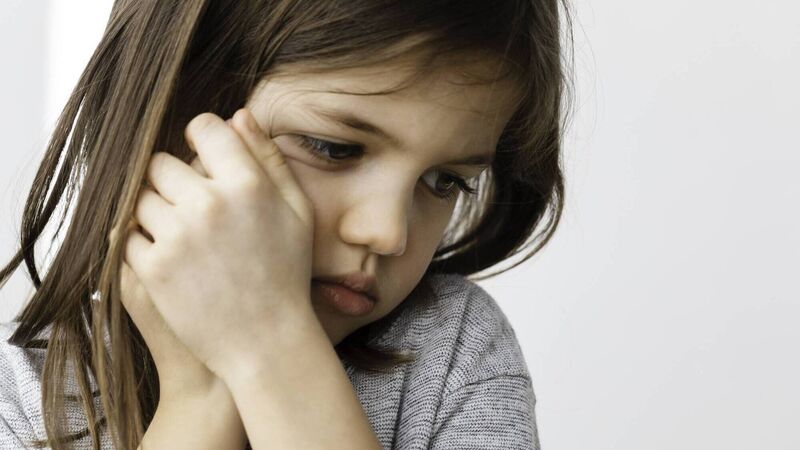What you need to know about raising a highly sensitive child

Deep-feeling, sensitive souls are born with heightened emotional awareness, Dr Aoife Durcan says.
Try from €1.50 / week
SUBSCRIBEYour child takes in everything from the world around him, he seems highly perceptive, observant. He misses nothing, not even the nuances of mum’s and dad’s emotions.
“Up to 30% of children are highly sensitive,” says chartered counselling psychologist Dr Aoife Durcan, whose book, Your Highly Sensitive Child, is out this Thursday.
Already a subscriber? Sign in
You have reached your article limit.
Annual €130 €80
Best value
Monthly €12€6 / month
Introductory offers for new customers. Annual billed once for first year. Renews at €130. Monthly initial discount (first 3 months) billed monthly, then €12 a month. Ts&Cs apply.
CONNECT WITH US TODAY
Be the first to know the latest news and updates
Newsletter
The best food, health, entertainment and lifestyle content from the Irish Examiner, direct to your inbox.
© Examiner Echo Group Limited